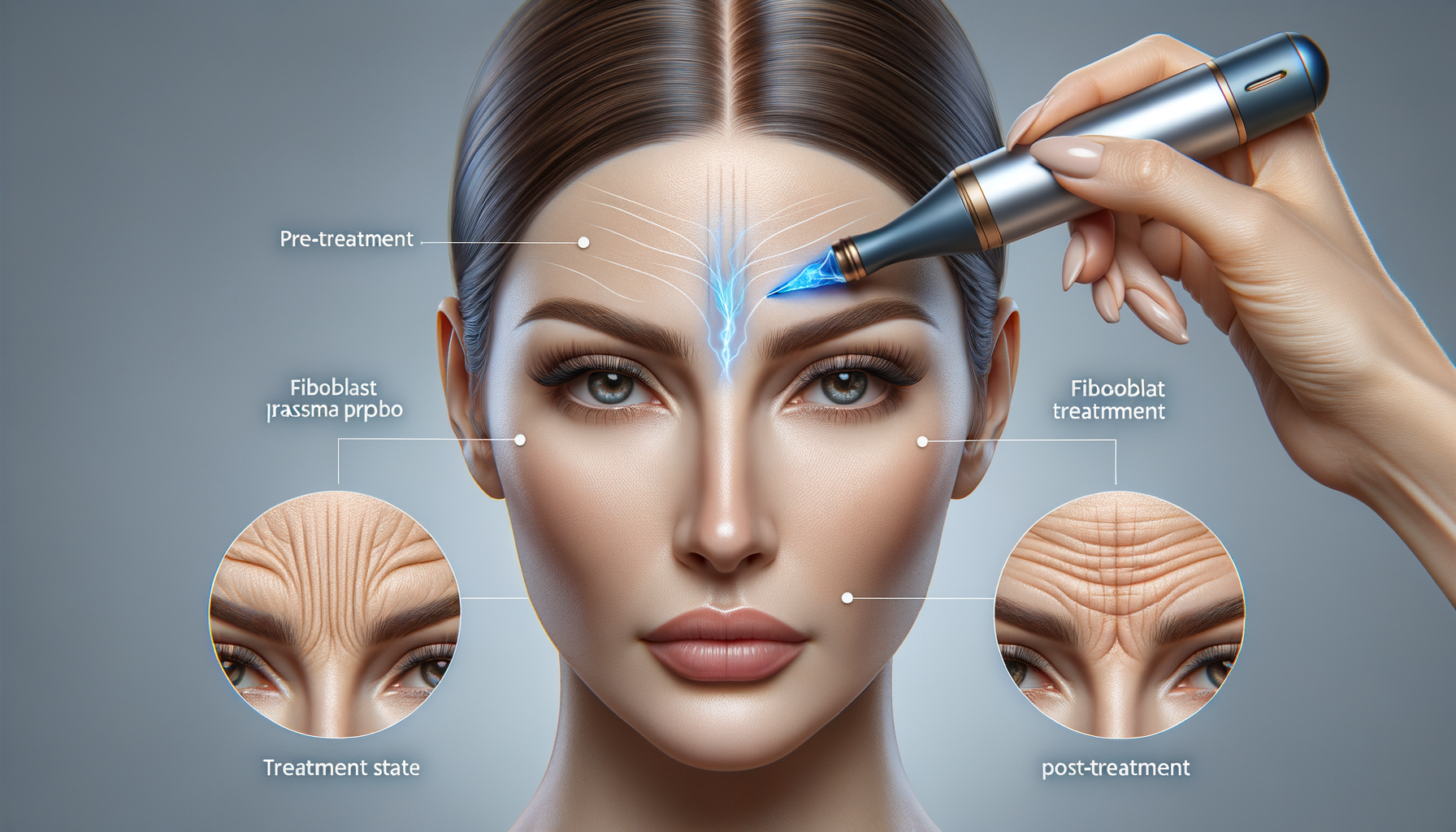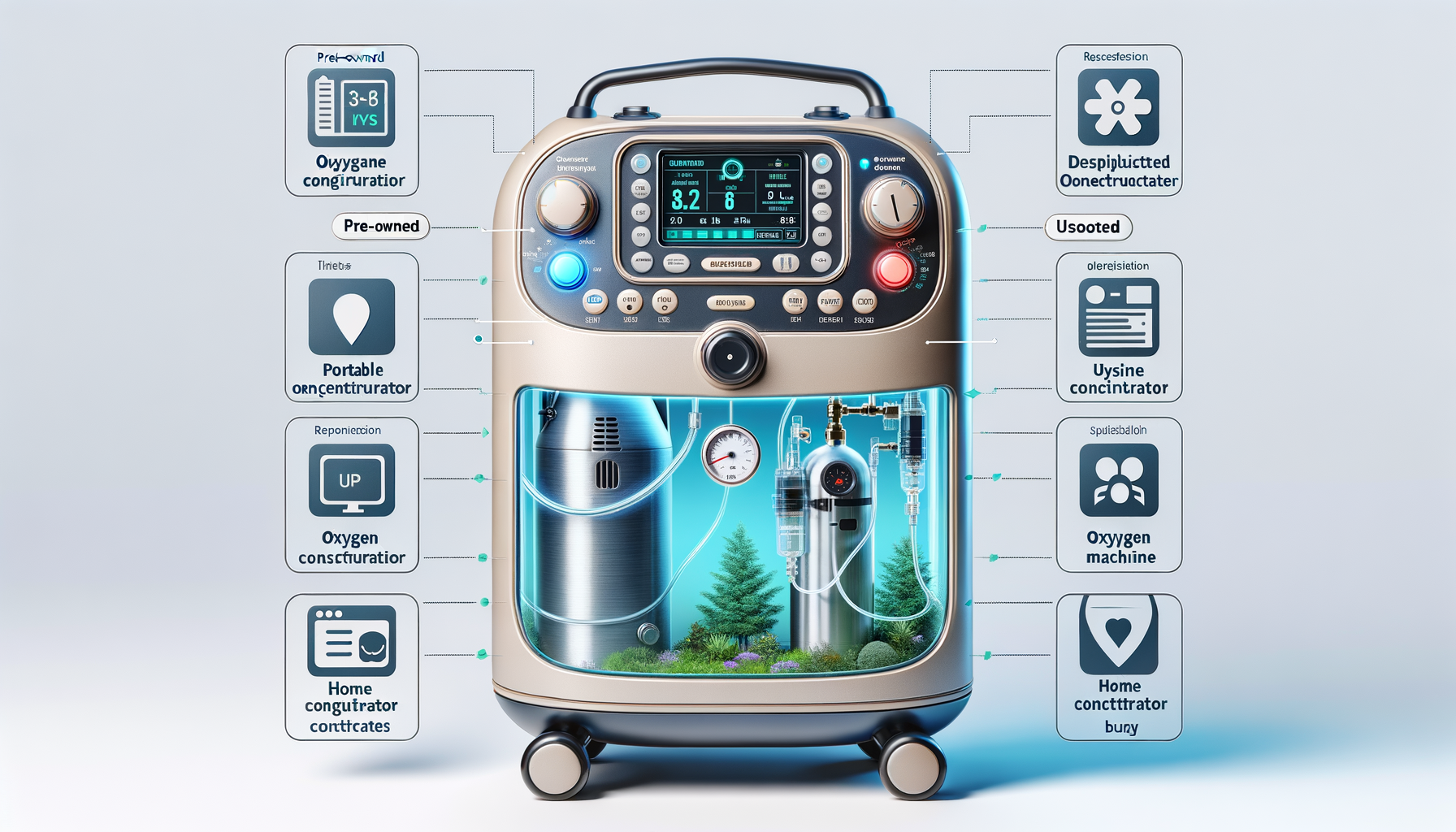Understanding Tardive Dyskinesia and Its Symptoms
Tardive dyskinesia (TD) is a neurological disorder characterized by involuntary, repetitive body movements. These can include facial grimacing, tongue movements, lip smacking, and rapid eye blinking. In more severe cases, individuals may experience jerking or writhing of the arms and legs. This condition often emerges as a side effect of long-term use of certain medications, particularly antipsychotics used to treat mental health disorders such as schizophrenia or bipolar disorder. Recognizing TD early is crucial for effective management, as symptoms may become persistent even after stopping the medication responsible.
Individuals with Parkinson’s disease may also experience dyskinesia, although this often results from prolonged use of levodopa, a common medication used to manage motor symptoms. The difference lies in the origin of the movement disorder: tardive dyskinesia is typically medication-induced outside of Parkinson’s treatment, whereas Parkinson’s-related dyskinesia is a response to dopamine therapy. Regardless of the cause, the impact on daily life can be significant, affecting speech, mobility, and social interactions.
Causes and Risk Factors of Tardive Dyskinesia
The primary cause of tardive dyskinesia is prolonged exposure to dopamine receptor-blocking agents, particularly antipsychotic medications. First-generation antipsychotics are more commonly linked to TD, although second-generation drugs can also pose a risk. Several factors increase the likelihood of developing TD, including:
- Age (older adults are more susceptible)
- Female gender
- Use of high doses or long-term medication
- History of brain injury or neurological illness
- Substance use disorders
Genetics may also play a role, as some individuals appear more predisposed to developing the condition. Because the onset can be gradual, patients and caregivers should monitor for early signs of involuntary movements, especially after long periods of medication use. Addressing TD early can prevent worsening symptoms and improve long-term outcomes.
Treatment Options and Medication Adjustments
Managing tardive dyskinesia typically involves adjusting the medications that caused the condition. This may include reducing the dosage or switching to another drug with a lower TD risk. However, these changes must be made under medical supervision to avoid worsening the underlying condition being treated. In some cases, specific medications have been approved to treat TD, helping reduce the severity and frequency of involuntary movements.
In addition to altering current medication regimens, healthcare providers may recommend supportive treatments such as:
- Botulinum toxin injections for localized muscle control
- Physical therapy to improve mobility and coordination
- Behavioral therapy for coping with emotional and social effects
These interventions do not cure TD but can significantly improve quality of life. Complementary approaches, including lifestyle adjustments and nutritional support, are also gaining attention as part of a holistic strategy to manage symptoms over time.
Complementary Strategies and Lifestyle Considerations
While medical treatment forms the cornerstone of TD management, lifestyle choices and supportive care can also contribute to better outcomes. Focusing on overall brain health through diet, exercise, and sleep can help reduce the severity of symptoms and enhance well-being. For instance, maintaining a regular sleep schedule and ensuring proper rest can have a stabilizing effect on neurological function. Here, the role of nutritional supplements becomes relevant.
Many people explore natural options such as the best vitamins for sleep support and natural vitamins to improve sleep to enhance restfulness and manage stress. Supplements like magnesium are particularly noteworthy due to their calming effect on the nervous system. The magnesium and sleep benefits connection is well documented, with magnesium known to help regulate neurotransmitters and improve sleep quality. Consider the following options that may support sleep and overall neurological health:
- Magnesium – supports muscle relaxation and neurotransmitter balance
- Vitamin B6 – plays a role in the production of serotonin and melatonin
- Melatonin – helps regulate sleep-wake cycles
- Sleep aid supplements vitamins – often include blends of herbs and nutrients aimed at promoting restful sleep
- Vitamins for better sleep quality – such as calcium and L-theanine
Incorporating these into a daily routine, with guidance from a healthcare provider, may enhance not only sleep but also reduce stress that could exacerbate involuntary movements.
Improving Quality of Life with Ongoing Support
Living with tardive dyskinesia can be challenging, but ongoing support and proactive management can make a meaningful difference. Education is key—both for individuals affected and their caregivers. Understanding the condition, tracking symptoms, and communicating regularly with healthcare providers ensures that treatment remains responsive and effective. Support groups and counseling can also provide emotional relief and reduce the isolation that sometimes accompanies chronic conditions.
Daily routines that include physical activity, mindfulness practices, and proper nutrition can foster resilience. Incorporating supplements such as sleep aid vitamins and maintaining consistent sleep hygiene may help manage the stress and fatigue associated with TD. It is also important to involve a multidisciplinary care team, including neurologists, psychiatrists, nutritionists, and physical therapists, to tailor a well-rounded treatment approach.
Finally, staying informed about advances in treatment and participating in ongoing care evaluations can empower individuals and improve long-term outcomes. While tardive dyskinesia may not have a definitive cure, many tools and strategies are available to help individuals lead fulfilling lives despite the condition.
Conclusion: Navigating Tardive Dyskinesia with a Holistic Approach
Tardive dyskinesia presents complex challenges, particularly for those already managing conditions like Parkinson’s disease. However, with early recognition, appropriate medical treatment, and a focus on holistic wellness—including sleep support, nutritional supplementation, and emotional care—individuals can greatly improve their quality of life. Integrating options such as magnesium for sleep and other vitamins for better sleep quality into a broader care plan can provide additional relief and support. Empowerment through education and collaboration with healthcare providers remains essential in navigating the journey with tardive dyskinesia.




Leave a Reply